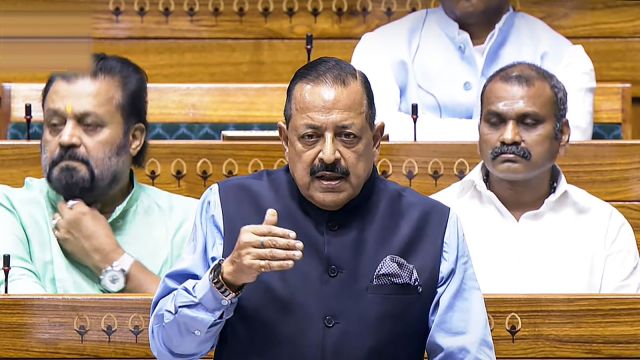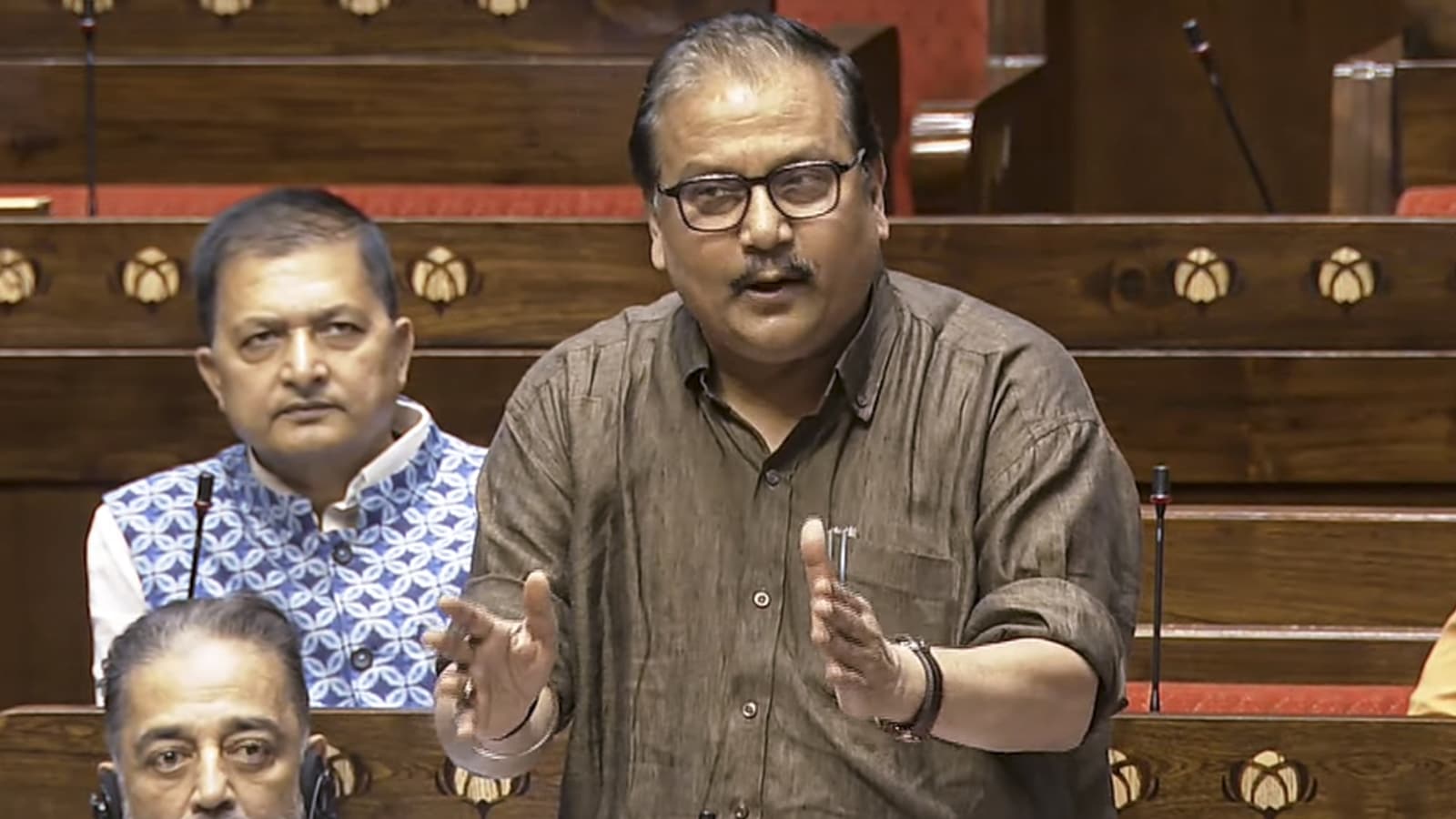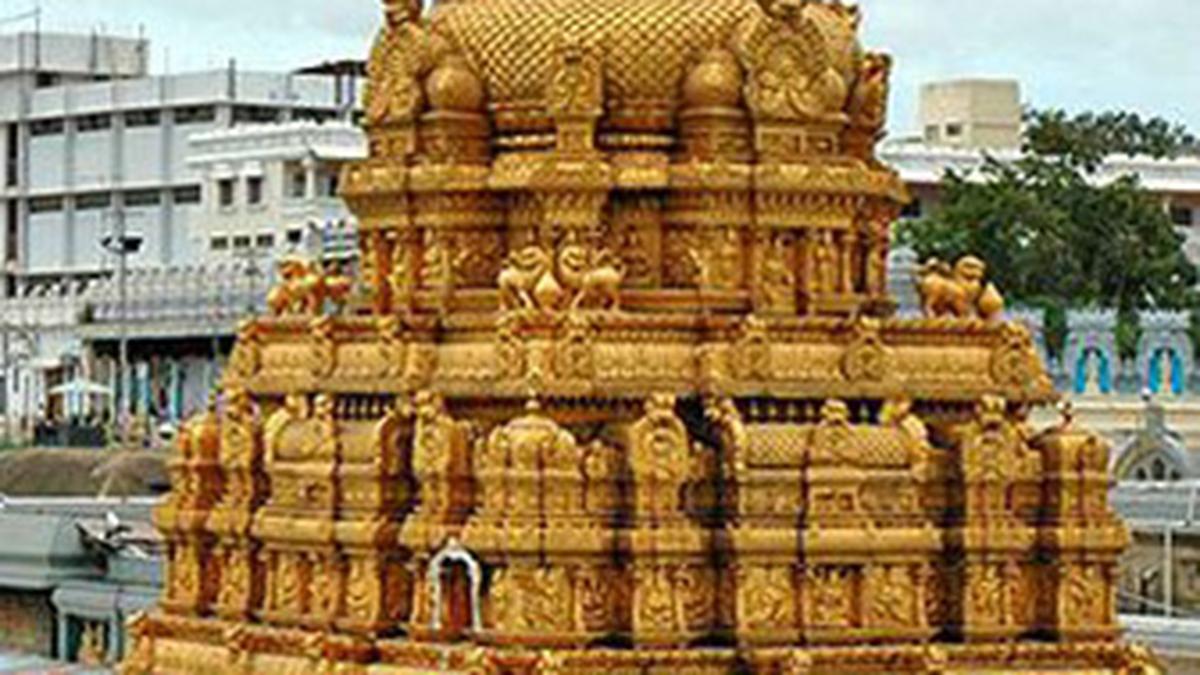ARTICLE AD BOX
 Minister of State Jitendra Singh speaks in the Lok Sabha during the Monsoon session of Parliament, in New Delhi, Wednesday, July 30, 2025. (Photo/PTI)
Minister of State Jitendra Singh speaks in the Lok Sabha during the Monsoon session of Parliament, in New Delhi, Wednesday, July 30, 2025. (Photo/PTI)
Union Minister of State for Science and Technology (Independent Charge) Jitendra Singh told Lok Sabha Wednesday that India will launch the earth observation satellite NISAR (NASA-ISRO Synthetic Aperture Radar) at 5.40 pm, and it would be a “gamechanger” as far as disaster response and disaster monitoring are concerned. He added that the first ISRO-NASA collaboration satellite, which will be launched from the Satish Dhawan Space Centre at Sriharikota in Andhra Pradesh, will lead to better prediction of landslides, volcanoes and cyclones.
“It will also have the capacity to penetrate through fog, through heavy clouds and also dense ice layers, which would provide us much more ease not only in the disaster management sector but also in a host of other sectors like the aviation sector, shipping transport, etc.,” Singh said during the Question Hour in the Monsoon Session of Parliament.
He was replying to a question by Trinamool Congress (TMC) Jaynagar MP Pratima Mandal regarding the various schemes implemented through space technology throughout the country, as well as the technological achievements of the Gaganyaan mission, the country’s human spaceflight programme, and the requirements for astronaut safety.
Singh said space technology is being used in infrastructure, communication, healthcare, telemedicine, railways, flood and disaster forecasts, defence warfare, housing, etc. He said that over the 11 years, India had produced before the world a new model of space technology. “Today, we have also given the world some global success models, like the Gatishakti portal.”
He said India’s space sector had been unlocked over the last 11 years and the private sector had also been provided entry. “In the last three to four years,… There has been a quantum jump not only in space startups but also in the space economy. About three to four years ago, there were one-digit space startups. Today they are above 300. Some of them are of global potential. Some have turned into lucrative entrepreneurs. We were just a dismal space economy till about half a decade ago. Today we are $8 million, and in the next three to four years, the projections are that we will go up three to four times, maybe to $40-45 million,” Singh said.



.png)
.png)
.png)
























 English (US) ·
English (US) ·